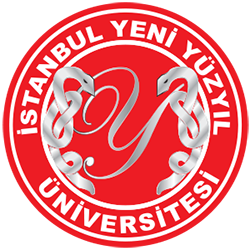Assessment of in vitro genotoxicity effect of homosalate in cosmetics
| dc.contributor.author | Yazar, S. | |
| dc.contributor.author | Gökçek, Y. | |
| dc.date.accessioned | 2021-12-21T08:41:08Z | |
| dc.date.available | 2021-12-21T08:41:08Z | |
| dc.date.issued | 2018 | |
| dc.identifier.issn | 13090801 | |
| dc.identifier.uri | https://doi.org/10.12991/jrp.2018.84 | |
| dc.identifier.uri | http://dspace.yeniyuzyil.edu.tr:8080/xmlui/handle/20.500.12629/1331 | |
| dc.description.abstract | �Many cosmetics contain UV filters as active ingredients for skin protection. Homosalate (HMS) is one of the most widely used organic UV filter. Despite the widespread use of these products, data about their genotoxic effects are lacking. Genotoxicity ass | |
| dc.language.iso | English | |
| dc.publisher | Marmara University | |
| dc.rights | All Open Access, Bronze | |
| dc.title | Assessment of in vitro genotoxicity effect of homosalate in cosmetics | |
| dc.type | Article | |
| dc.relation.journal | Marmara Pharmaceutical Journal | |
| dc.identifier.issue | 3 | |
| dc.identifier.startpage | 436 | |
| dc.identifier.endpage | 442 | |
| dc.identifier.volume | 22 | |
| dc.identifier.doi | 10.12991/jrp.2018.84 | |
| dc.relation.issue | 3 | |
| dc.relation.volume | 22 |














